Magazine F&H LogÃstica Profesional Interview with Tránsito 2000
.jpg)
The Algeciras Port in Spain has been growing a lot in regards to the transit of shipments to Asia, South & Central America as well as the West of Africa. Tránsito 2000, using this advantage, has been able to experience the growth of the imports & exports as well as to provide reliable and efficient services in customs, international relationships, logistics and sea shipments. Tránsito 2000, one of our new members in the G7 Network, got recently interviewed by the Fruits & Vegetables Spanish Magazine: LogÃstica Profesional. Please keep on reading to learn more about what Eduardo De Luque, Sales Manager, shared during the interview:
"The close relationship between the produces and importers is the key piece for optimizing the transit times."
Despite the consumption habits on global utilization of fruits and vegetables has almost disappeared, it still shows a growth on the maritime traffic of vegetables. Companies like Tránsito 2000 confronts that growth going ahead its costumer’s necessities and assisting them in topics involving logistics and customs.
L.P.: How do you see the future of the international traffic of fruits and vegetables regarding challenges and opportunities?
E.D.L.: The policies regarding the control of costs in the origin of production and the final destinations of consumption will mark the strategies of logistics and will open new routes for fruits and vegetables distribution. Africa will play a key role in this aspect. There is traffic that mainly penetrates via ports in North of Europe like Amberes, Rotterdam and Hamburg, but the final destination is to the center and south of Europe, as well as the North of Africa. We understand that with time passing, the logistic chains have to be guided into a more fair and common sense logistic. Into this direction, the Algeciras port is becoming a platform with excellent connections between maritime lines that unifies Europe, Africa, U.S.A. and Asia together. It’s even a logistic maritime center and port of reference in the World, with a capacity of more than 18,000 pallets for cold goods.
L.P.: How do you adapt to these new tendencies?
E.D.L.: We try to go ahead over them and joining every kind of national & international event from the horticultural sector. From here, we study the most efficient routes and assist our clients in logistics and customs matters. We try to visualize the future so our clients can take the most of the opportunities that our port is developing. Also, in Tránsito 2000 we adequate our human resources to the necessities of the traffic to improve the speed on the sourcing of the commodities.
L.P.: Traffic of fruits and vegetables is increasing, do you think this has reached the maximum level of growth?
E.D.L.: The habits of global consumption of fruits and vegetables has almost made the temporality disappear. Because of this tendency we understand that it hasn’t only reached the maximum level, but also there will be increase on this traffic in the next years. Taking a look to centuries back, from America to Asia, they conquered us with potatoes, peppers, pineapples, etc. and nowadays there are other products slowly being introduced and well accepted like avocado, ginger, mangoes, etc. As an example, the amount of avocadoes that entered via Algeciras in 2018 increased in 44% compared to 2017.
L.P.: The customer demands more speed, how does Tránsito 2000 manage to adapt to these requirements?
E.D.L.: The close relationship with the producers and importers is a fundamental key for optimizing the timings of transit, the digitalization of our processes allows us not only to gain time in the procedures, but also to maintain our clients informed about their goods status. We are OEA (Authorized Economic Operators) because our risks have been analyzed during the audit process of the AEAT, we have a reduction in the red and orange marks on the physical and documental inspection of goods causing savings on time and money for our clients. We have been more than 20 years working with double shifts from Monday to Sunday. This is the main formula for the sector of fruits and vegetables, without forgetting to continuously develop and improve our standards.
L.P.: Which are the key aspects for an optimal development for the logistics chains?
E.D.L.: We understand the wide network of reefer connections in the ports, the important presence of cold storage companies in ports and also logistic zones associated to them. In the Algeciras port we have 5,000 electric sources for reefers containers. Also the terrestrial combinations, the lineal berth meters and the deep seawaters are fundamental. In our port, berth the biggest container ships of the World, we are prepared in this sense. We are very proud to say that in the Algeciras Port we have the only Border Inspection Post of Spain, which is considered first level H24, with customs services that work from Monday to Sunday.
To read the original interview in Spanish please follow this link: https://www.fyh.es/pdf/FHLP21.pdf

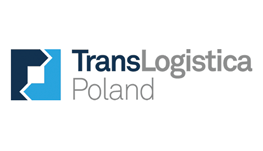










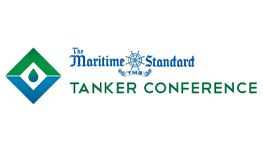

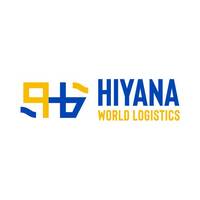
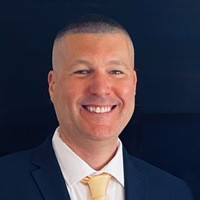




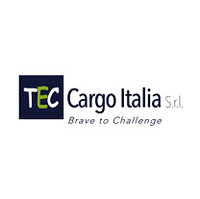




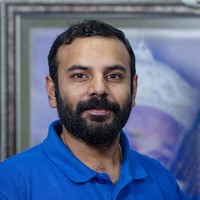
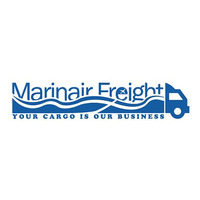

















.jpeg)